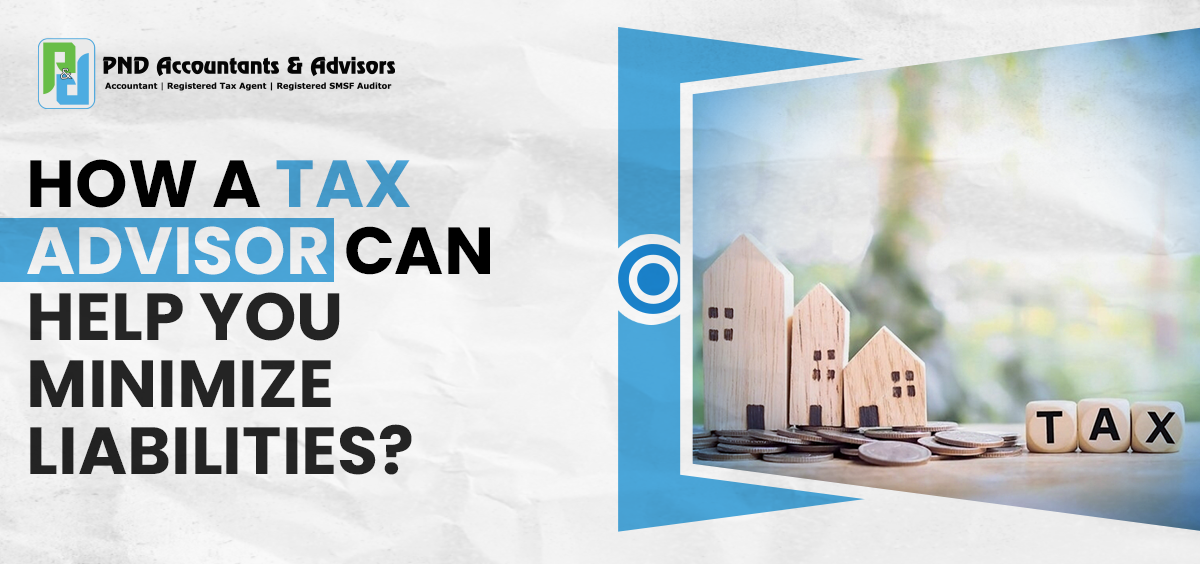Tax planning is an essential aspect of real estate investment. It involves understanding and effectively utilizing tax laws to minimize tax liabilities and maximize returns on investment. A tax advisor can play a crucial role by providing expert advice and guidance.
The Role of a Tax Advisor in Real Estate
Tax planning is a crucial aspect of real estate investments that can significantly impact your financial well-being. A tax advisor plays a pivotal role in helping individuals and businesses navigate the complex landscape of real estate taxation.
- Understanding Tax Laws: Tax laws can be complex and challenging to navigate. A tax advisor has the expertise to understand these laws and how they apply to real estate investments.
- Strategic Planning: A tax advisor can help develop a tax plan considering the investor’s financial goals, risk tolerance, and investment timeline.
- Minimizing Tax Liabilities: Through strategies such as depreciation, capital gains deferral, and the use of tax-advantaged accounts, a tax advisor can help reduce the investor’s tax liabilities.
- Staying Compliant: Tax advisors ensure investors comply with tax laws, avoiding penalties and fines.
Strategies for Minimising Tax Liabilities in Real Estate
Minimizing tax liabilities is a top priority for real estate investors. A skilled tax advisor can employ several methods to achieve this goal. These strategies include:
- Depreciation: This tax deduction allows real estate investors to recover the cost of income-producing properties through yearly tax deductions.
- 1031 Exchange: This provision will enable investors to defer paying capital gains taxes on investment property when it is sold, as long as another “like-kind” property is purchased with the profit gained from the sale of the first property.
- Tax-Advantaged Accounts: Investing in real estate through a self-directed IRA or other tax-advantaged account can provide significant tax benefits.

The Importance of a Tax Advisor in Real Estate
Real estate tax laws are intricate and constantly changing. Having a tax advisor by your side ensures you remain compliant with current regulations while maximizing your tax benefits. Here’s why:
- Expertise: Tax advisors have the necessary knowledge to understand complex tax laws and regulations. They can guide you through the labyrinth of tax codes and help you make sense of what can often be a confusing subject.
- Time-saving: Understanding and navigating tax laws can be time-consuming. A tax advisor can save you time by handling these tasks for you.
- Risk Reduction: Mistakes in tax filing can lead to penalties and legal issues. A tax advisor can help reduce these risks by ensuring your tax filings are accurate and compliant with the law.
- Financial Planning: A tax advisor can help you plan your finances better. They can advise you on structuring your investments to minimize tax liabilities and high returns.
How to Choose a Tax Advisor
Choosing the right tax advisor in Melbourne is crucial for effective tax planning. Here are some tips:
- Credentials: Ensure the advisor has the necessary certifications, such as being a Certified Public Accountant (CPA) or a tax attorney.
- Experience: Look for an advisor with expertise in real estate taxation.
- Reputation: Check the advisor’s reputation. You can do this by asking for references or looking at online reviews.
- Fees: Understand how the advisor charges fees. Some charge a flat price, while others may charge based on the complexity of your tax situation.
- Proven Track Record: Check their track record for successfully helping clients reduce tax liabilities in real estate.
- Communication Skills: Effective communication is critical. Your tax advisor should be able to explain complex tax strategies clearly and understandably.
Tax Planning Strategies in Real Estate
Tax planning in real estate requires a proactive approach. Your tax advisor can help you implement long-term strategies that align with your financial goals. Here are some effective tax planning strategies that a tax advisor might recommend:
- Buy and Hold: This strategy involves buying and holding a property for an extended period. The longer you have on the property, the more you can benefit from capital appreciation and rental income.
- Real Estate Professional Status: If you spend more than half of your working hours in real estate activities, you may qualify for Real Estate Professional Status (REPS). This status allows you to deduct all real estate losses against other income.
- Leverage: Using borrowed money to finance real estate investments can increase potential returns. Interest on these loans is often tax-deductible.
- Real Estate Investment Trusts (REITs): REITs own, operate, or finance income-generating real estate. Investing in REITs can provide regular income and diversification without owning property directly.




